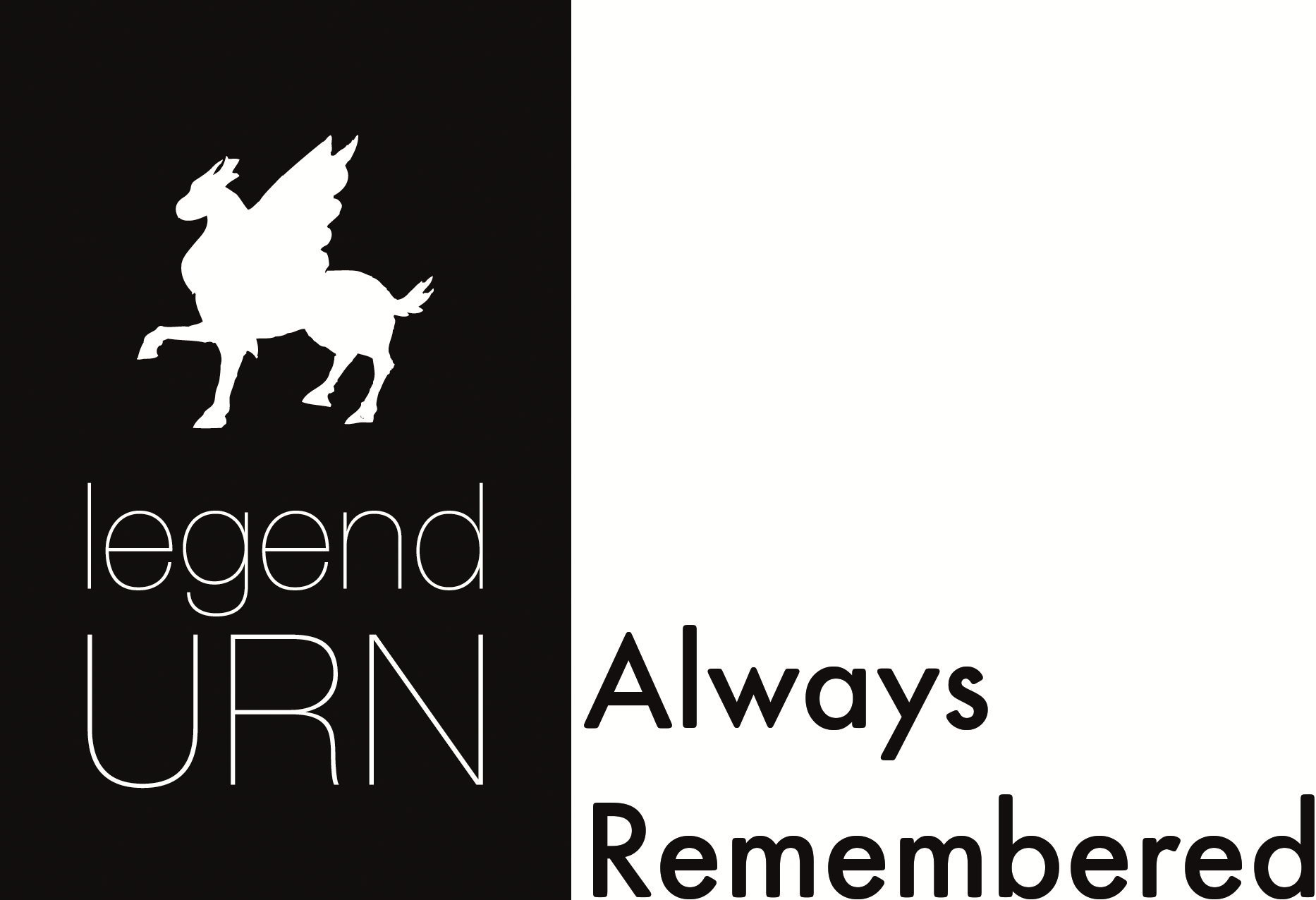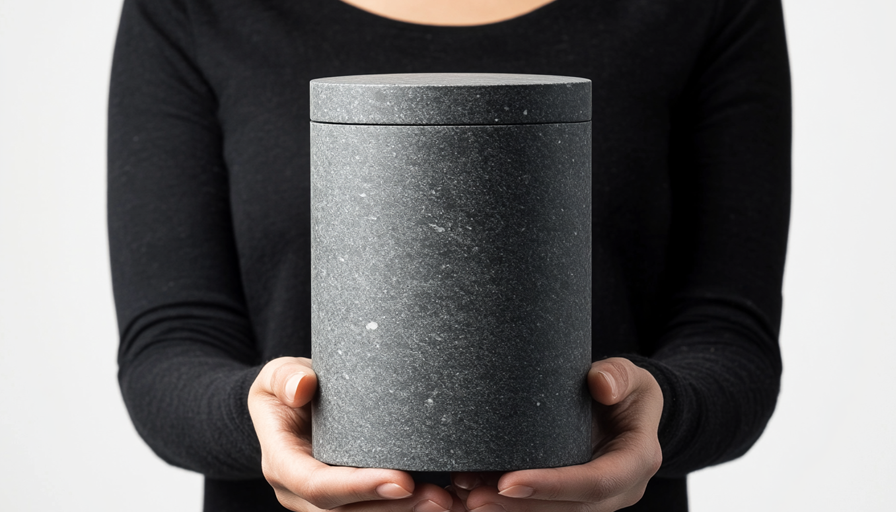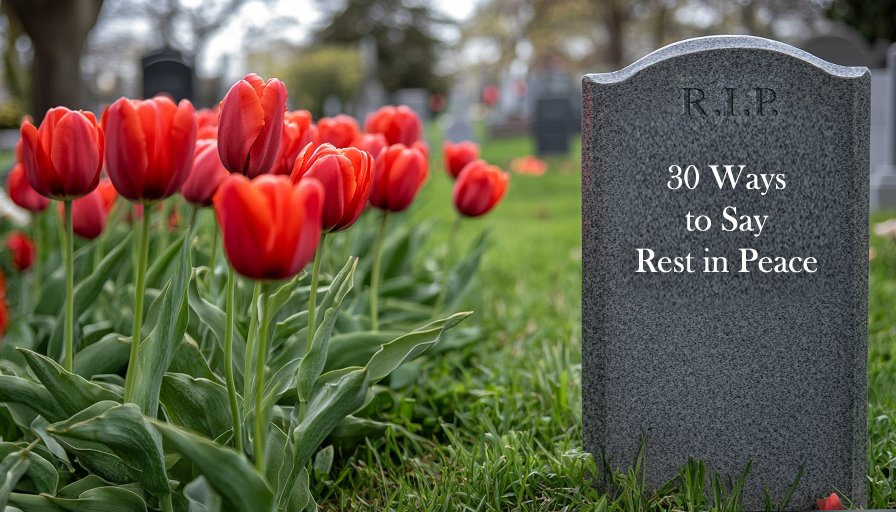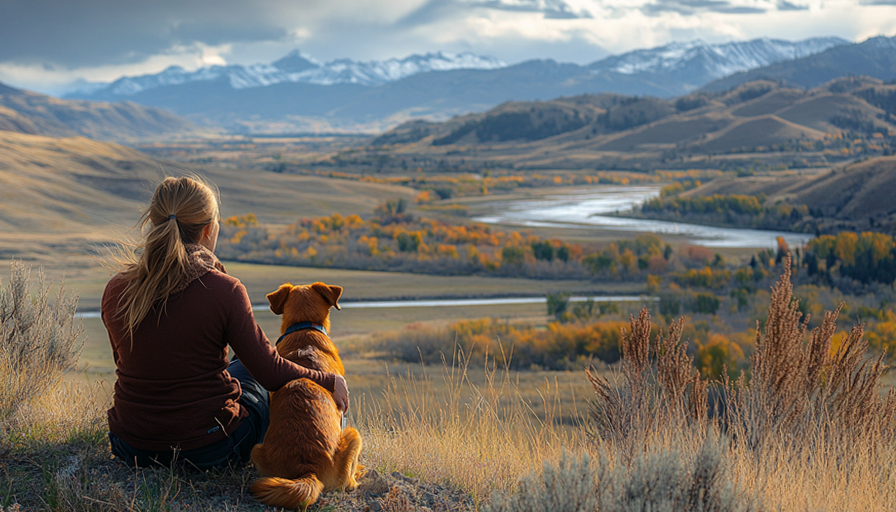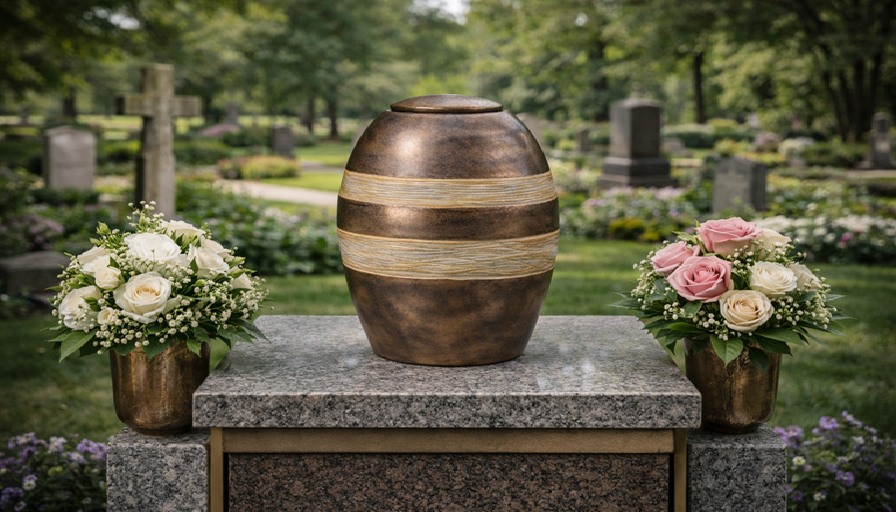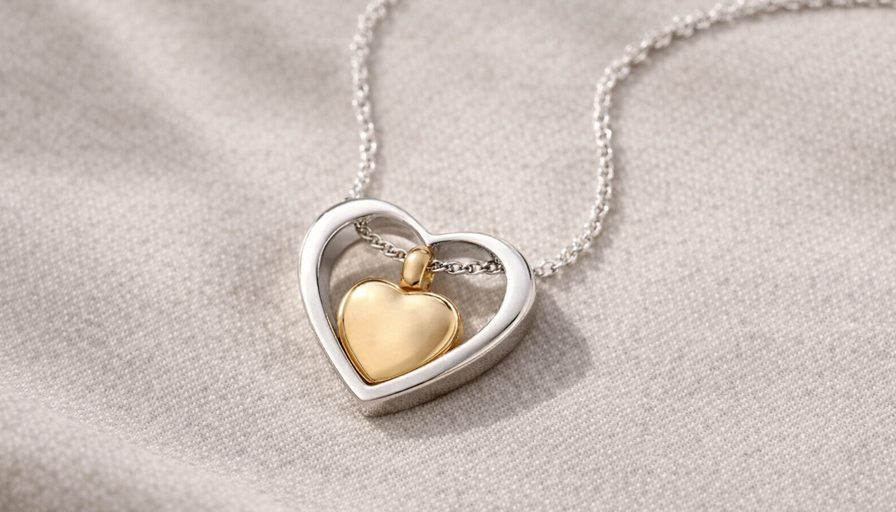When Can I Collect the Ashes After Cremation?
Unlike some countries where a statutory waiting period applies, UK law does not enforce a mandatory waiting time before ashes can be collected. In most cases, cremated remains are ready to be returned within 1 to 2 weeks following the cremation. However, this depends on the individual crematorium’s policies and whether there are any coroner investigations or official paperwork delays.
If a coroner was involved due to an unexpected or unnatural death, the process may take longer. For more information, visit the official UK Government page on coroner investigations.
Who Can Collect the Ashes?
By law, only the person who signed the cremation application (Form 1)—typically the next of kin or the executor—can collect the ashes or nominate someone else to do so. You can find the form and further legal guidance on the UK Government cremation forms page.
If you cannot attend in person, you may provide written authorisation for a funeral director or another trusted individual to collect them on your behalf. Many crematoria require proof of identity upon collection, so be sure to bring identification and any necessary documentation.
Emotional Considerations When Collecting the Ashes
Collecting a loved one’s ashes can be unexpectedly emotional. Even if you're prepared practically, the moment may trigger a new wave of grief. It’s perfectly okay to bring someone with you for support or ask your funeral director to collect them on your behalf. Take your time—there’s no pressure to decide everything right away.
How Will the Ashes Be Presented?
Cremated remains are typically returned in a simple, temporary container, commonly called a technical urn or plastic box. While this is functional, it is not designed for permanent memorial purposes.
Ashes are always accompanied by an identification disc or certificate to ensure they are properly tracked and handled. This ID token is introduced during the cremation process and remains with the ashes throughout. More details can be found in the Institute of Cemetery and Crematorium Management (ICCM).
Can I Personalise the Temporary Ash Container?
While the technical container is basic, some families choose to personalise it temporarily with a ribbon, label, photo or short message until a final urn is chosen. This can offer a comforting way to honour the ashes at home or during a private ceremony, especially if there will be a delay before deciding on a long-term resting place.
What If I’m Not Ready to Collect the Ashes?
Most UK crematoria will hold ashes for up to 6 to 12 weeks free of charge, although this varies by location. If more time is needed, storage fees may apply. Contact your local crematorium or council for specifics.
If you’re not yet ready to decide on the final destination of the ashes, that’s okay—take the time you need.
What Are My Options for the Ashes?
Once you have collected the ashes, you have several memorial options, including:
- Keeping the ashes at home in a decorative urn
- Placing them in a columbarium niche or urn plot at a cemetery
- Scattering the ashes in a meaningful location
- Dividing the ashes among keepsake urns or memorial jewellery
If you plan to scatter the ashes outdoors—such as over water or on public/private land—you may need permission.
Can I Divide the Ashes Among Family Members?
Yes, it is entirely legal in the UK to divide a loved one’s ashes among family members. Some families find comfort in keeping a portion of the ashes in a small urn, pendant, or keepsake. This is a deeply personal decision and should ideally be discussed openly with others involved. For tips on how to safely transfer ashes, read How Do I Transfer Ashes into an Urn?
Are There Eco-Friendly Options for Ashes?
For those looking for sustainable alternatives, biodegradable urns made from natural materials such as salt, paper, or sand are a beautiful and eco-conscious option. These are ideal for water or ground burial and allow the ashes to return to nature over time. Learn more in our guide: Biodegradable vs. Traditional Urns.
Is It Possible to Send Ashes Abroad?
Yes, cremated remains can be transported internationally, but it involves specific paperwork and regulations. Most countries require a cremation certificate, customs declaration, and often translated documents. The Royal Mail guide to restricted items outlines how ashes may be posted domestically or abroad, but many families prefer to use a specialist courier. Always check with the consulate or embassy of the destination country.
Do I Need to Inform Anyone After Collecting the Ashes?
No official notification is required once the ashes have been collected, unless you plan to bury them in a cemetery or scatter them on regulated land, such as a nature reserve, private estate, or coastal site. In such cases, you should contact the landowner or local council for approval.
Can Someone Else Collect the Ashes for Me?
Yes, with written authorisation and valid ID, a trusted person such as your funeral director can collect the ashes on your behalf.
Are There Differences in Scotland or Northern Ireland?
Yes, while the general principles are similar across the UK, Scotland and Northern Ireland have their own legal frameworks. In Scotland, cremations are governed by the Burial and Cremation (Scotland) Act 2016. Procedures for documentation and authorisation can vary slightly, so it’s advisable to check with local authorities or funeral directors in those regions.
Frequently Asked Questions (FAQ)
How soon can I collect the ashes after a cremation?
In most cases, ashes are ready to collect within 1 to 2 weeks after the cremation. Your funeral director or crematorium will notify you when they are available.
Do I need ID to collect the ashes?
Yes. Most crematoria will require photo identification and may also ask for a copy of the cremation certificate or authorisation letter if someone else is collecting them on your behalf.
Can ashes be divided between family members?
Absolutely. Many families choose to divide the ashes and keep a portion in small urns, keepsakes, or cremation jewellery.
Can I take the ashes abroad or send them internationally?
Yes, but you will need proper documentation such as a cremation certificate, a declaration of contents, and in some cases, a customs clearance. Always check the import rules of the destination country in advance.
Is it legal to keep ashes at home in the UK?
Yes. There are no laws preventing you from keeping cremation ashes at home in the UK.
Can I scatter ashes anywhere I like?
Not quite. While you do have many options, you must obtain permission from the landowner for private property, and follow specific guidelines for public land or water. The Environment Agency offers detailed rules for scattering ashes on water.
What happens if I’m not ready to collect the ashes yet?
Crematoria usually store ashes for up to 6 to 12 weeks for free. After that, they may charge a storage fee or ask you to make arrangements.
Is the container from the crematorium suitable for long-term use?
Not typically. The container is functional but not decorative. Many people transfer the ashes into a permanent urn or memorial item.
Can someone else collect the ashes for me?
Yes, with written authorisation and valid ID, a trusted person such as your funeral director can collect the ashes on your behalf.
Final Thoughts
The process of collecting a loved one’s ashes may feel overwhelming, but UK crematoria are experienced in guiding families with care and respect. Whether you wish to keep the ashes at home, inter them in a cemetery, or scatter them in nature, you have time to consider what feels most meaningful.
For those seeking a beautiful, lasting memorial, explore the collection at legendURN—where craftsmanship meets compassion.
